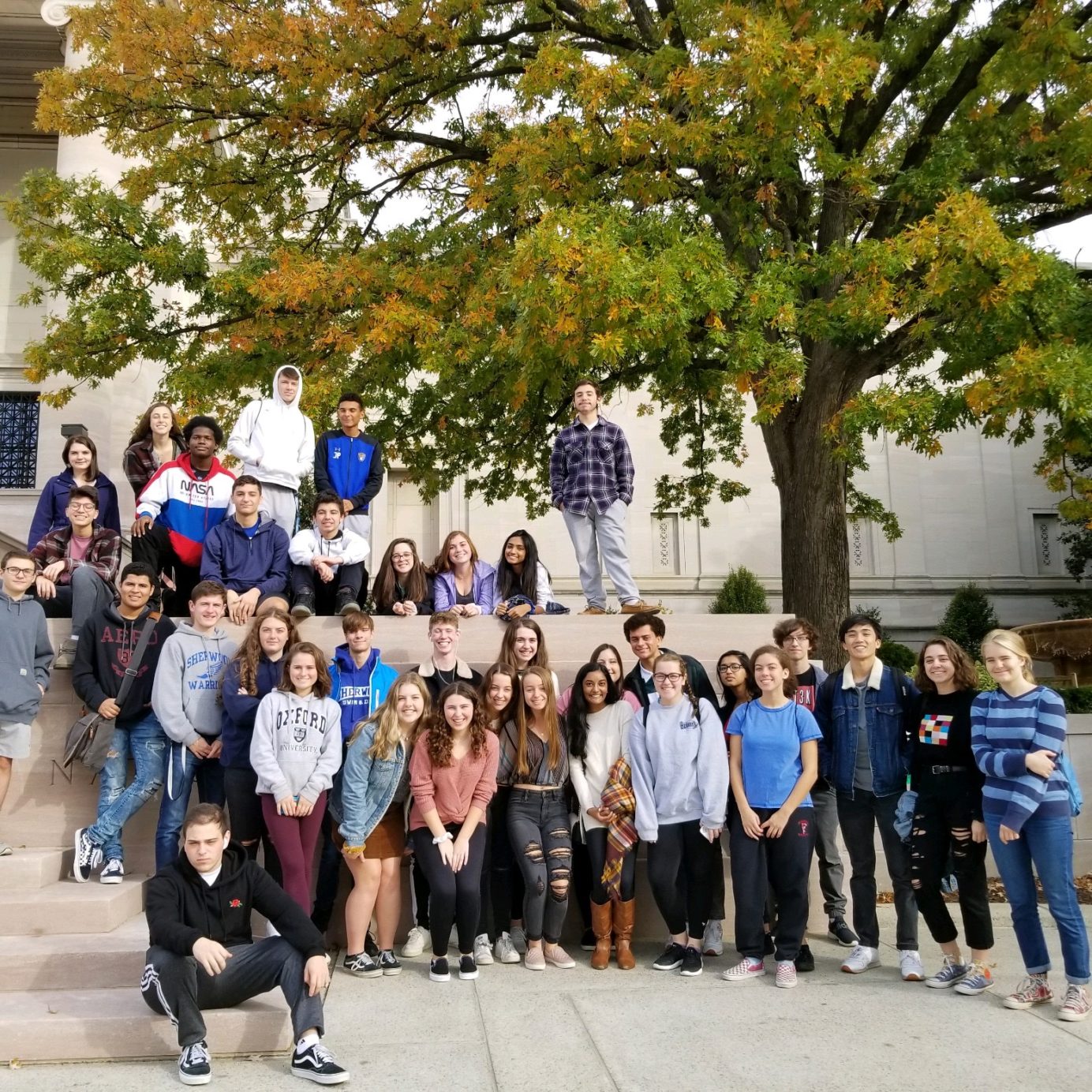High Schoolers Like Field Trips Too

by Kara Thompson ’20 and Zach Seymour ’20
Field trips are an enriching and exciting break from the classroom for most students. Unfortunately, the further you get in your educational career, the less opportunities there are to participate in these fun activities. This makes the learning experience monotonous for students, especially those at a high school level, for which field trips are few and far between.
Many teachers at Sherwood feel discouraged from taking their students on field trips due to the obstacles set in place by the county. There are many rules that need to be followed in order to get one approved, as well as paperwork to be filled out regarding the trip. In addition to that, transportation has to be arranged, permission slips signed, and payments collected before a trip can be put forward. And for teachers who teach multiple subjects, it can be hard to find a substitute to cover for only a couple of periods in the day.
Currently here at Sherwood, only a few courses consistently have field trips each year, and those are mostly orchestrated by the teacher, not the class itself. This makes it so that any given student could go on interesting field trips multiple times a year, or none at all.
“We have so many amazing resources in this region; I like to let the kids get out of the building and explore them…And even though some kids have been to many museums with their parents, lots have actually never been.” said AP World History teacher Michelle Games.
Being so close to Washington, DC, for example, gives kids at Sherwood the unique opportunity to take advantage of historical sites and museums through their school, while also being connected to their learning inside the classroom. Games recently took her Global Issues and AP European History classes to museums in DC for the day.
AP Environmental Science teacher Laura Dinerman agrees. “In order to appreciate science (and nature) students need to have ‘real-world’ experiences. Connecting with experiences and professionals who help them understand the world better inspires students to greater curiosity and helps them value science and their environment more,” said Dinerman.
Thankfully, here at Sherwood, the administration is very supportive of field trips. However, the trips and their organization is often times left up to the teacher to handle on their own. Since they are so beneficial to the learning experience, administration or subject departments should make more of an effort to encourage and even arrange field trips, so that more classes offered at Sherwood could have a trip related to coursework. For example, U.S. History classes could take advantage of the Sandy Spring Slave Museum right in our backyard, and biology classes could take a trip to the Chesapeake Bay.
“[Students] may not remember many individual days sitting in the classroom, but they remember the field trips they took!”